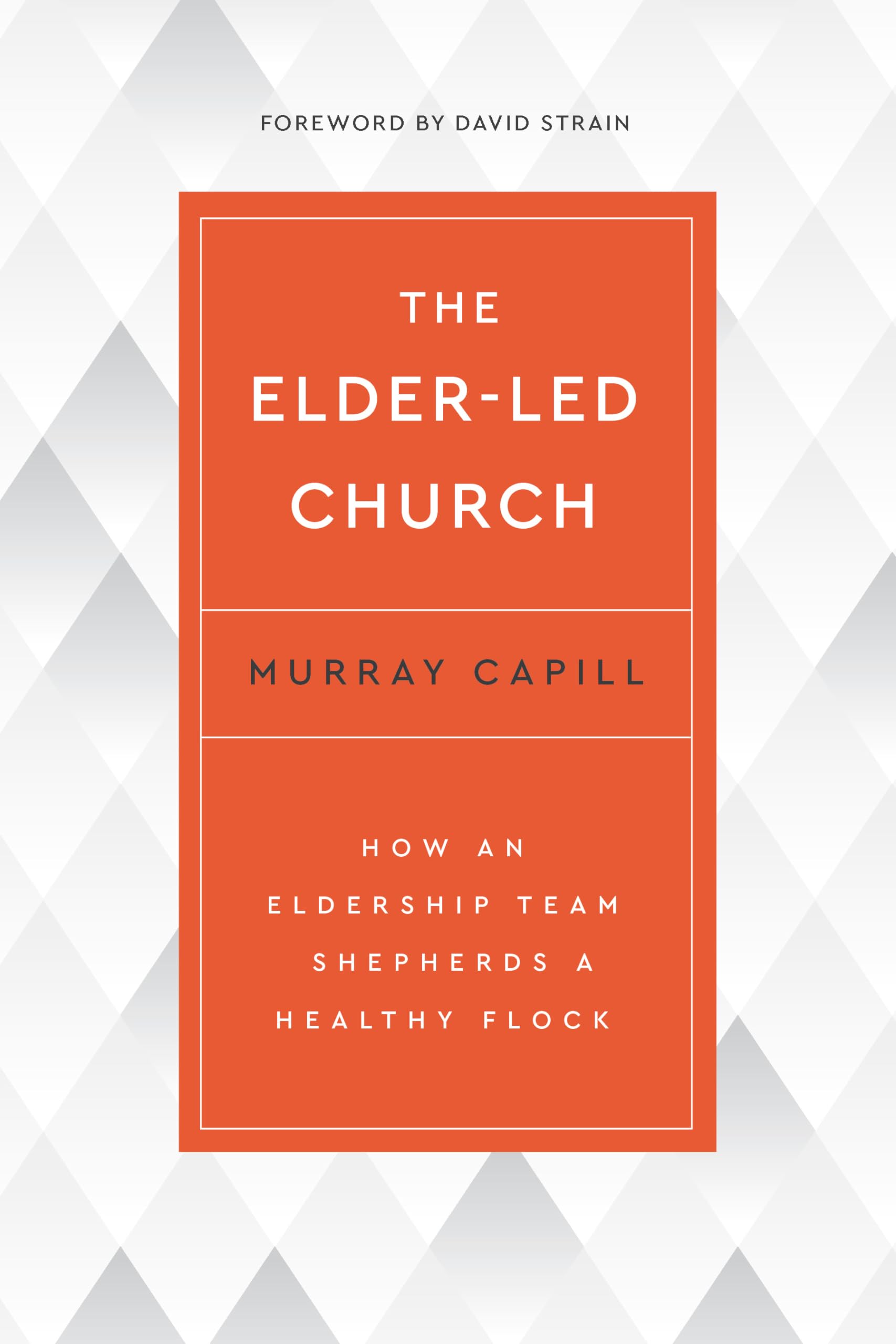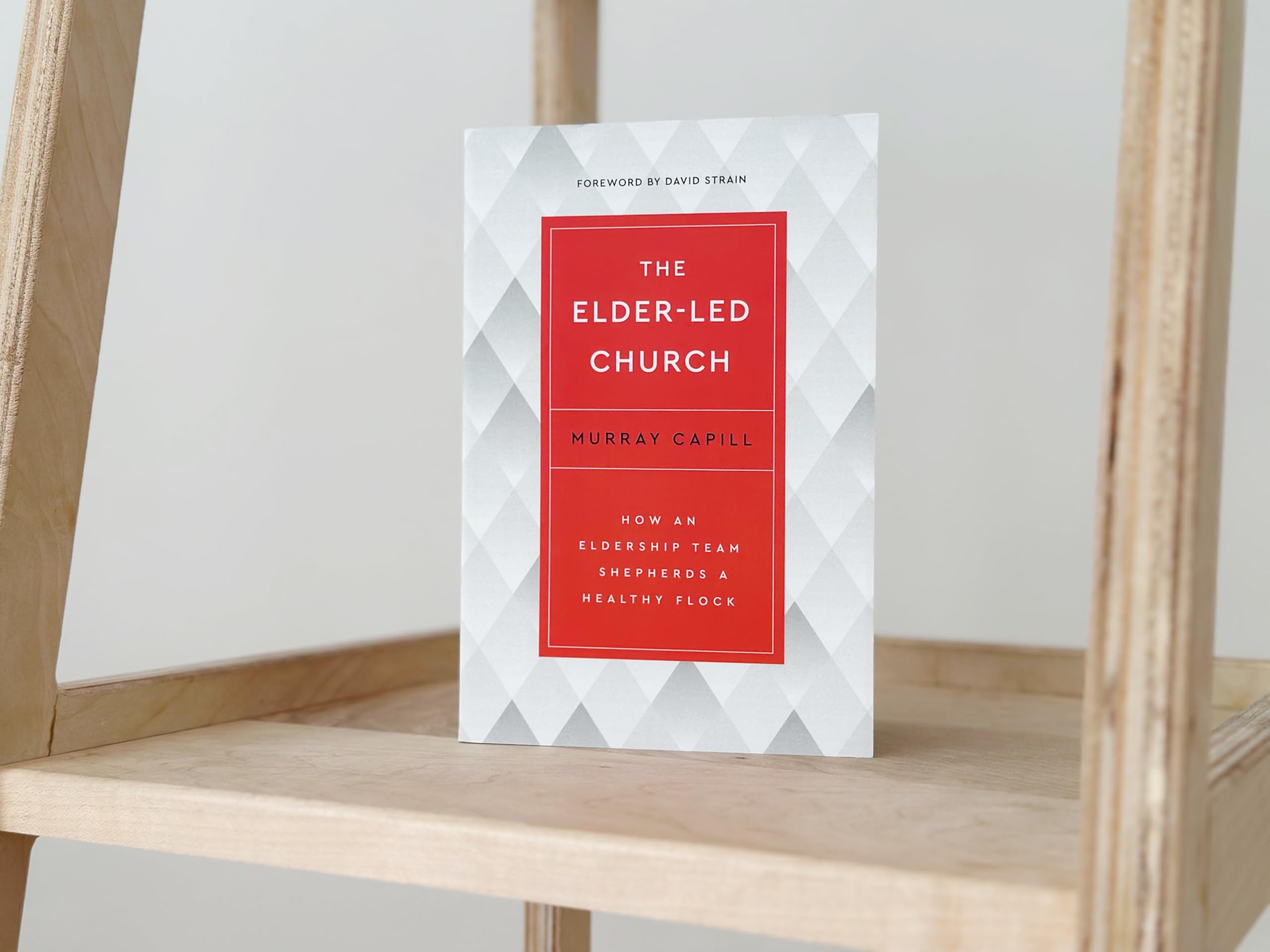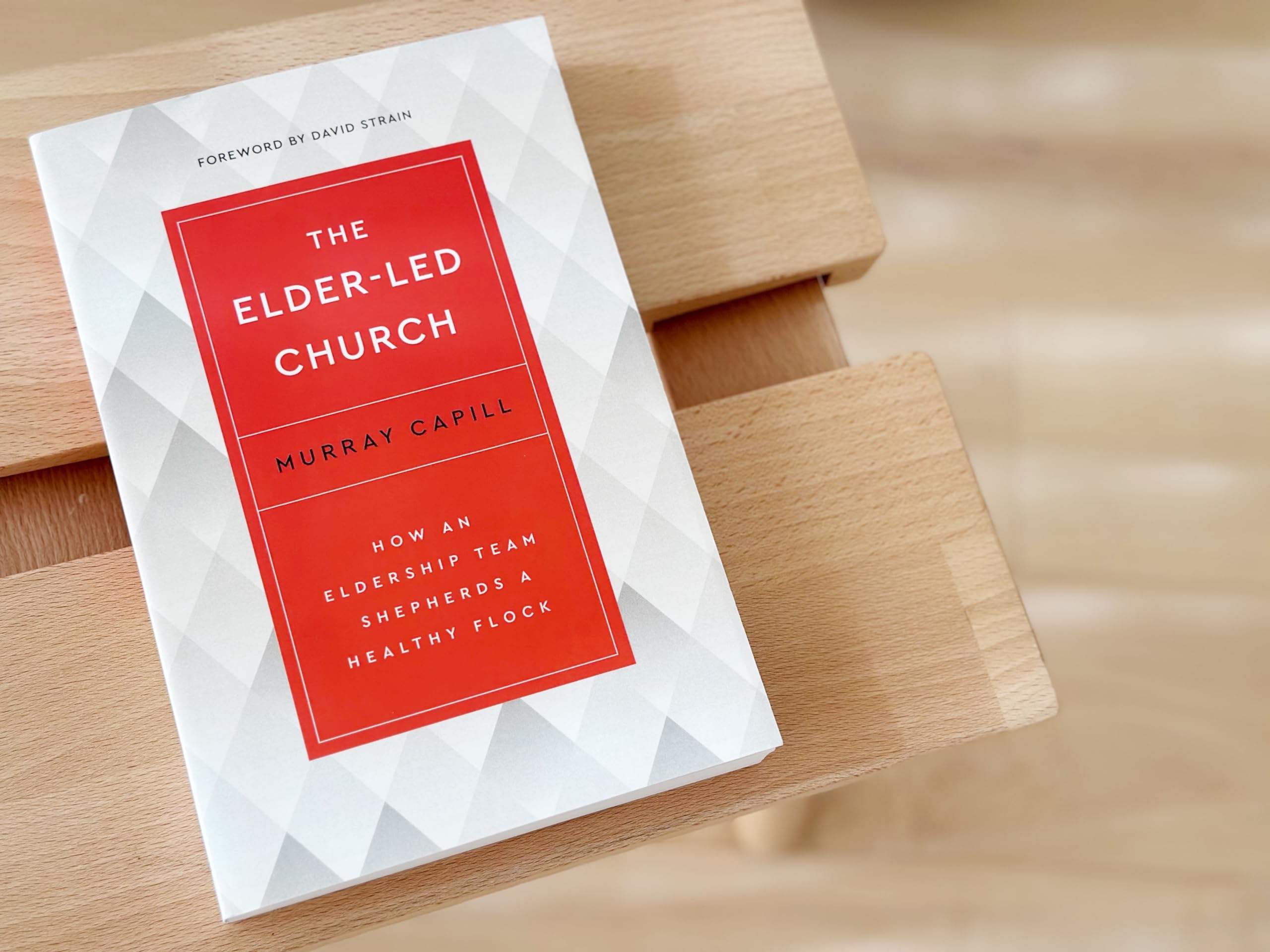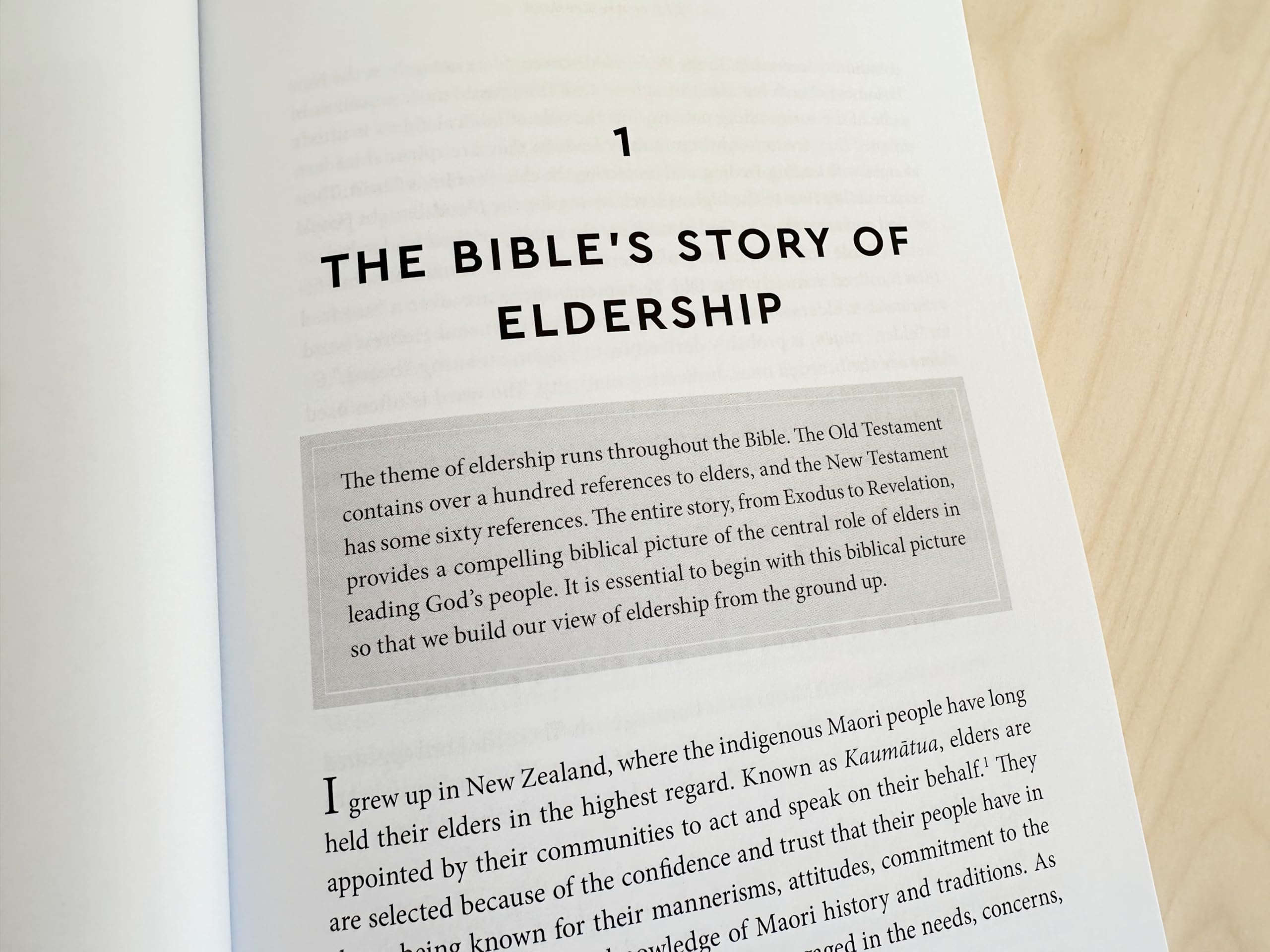Murray Capill's The Elder-Led Church is a needed corrective on how eldership teams should actually lead, shepherd, and oversee the local church as a team. Capill's book focuses on helping eldership teams to be effective leaders of the local church. He leaves most of the discussion about what is an elder, who is qualified to be an elder, and the composition of an eldership team to Alexander Strauch.Assuming his readers have read and agree with Strauch's definitive treatment of elders and eldership, Capill spends his time detailing what eldership teams are to do to nurture and maintain a healthy church. Capill begins his book by briefly describing the biblical background for elders. He next details how elders are to lead the church as "lead leaders." He then takes time to flesh out how the elders are to lead as a team. It is at this point that Capill helps us with a needed corrective.According to Capill, the eldership of a church must lead together as a well-functioning team. Not every elder is suited for every leadership task nor should each elder be responsible for every leadership task. Like a good soccer team, eldership teams should implement "positional play" to lead the church using each elder's particular gifts, skills, training, experience, and availability. Eldership teams need to have honest and sometimes uncomfortable discussions to help the team make sure the positions are filled by the best qualified elder.An important aspect of team leadership is that no one person can call the shots. Even though there is usually a "team captain" on the eldership team, his primarily role is to keep the team unified, focused, and on mission. I appreciate that Capill acknowledges that the "team captain" doesn't have to be the "senior pastor." No other book that I've read on church leadership or eldership has acknowledged this. Even David Harvey in his book The Plurality Principle, which Capill cites throughout his book, advocates for the "senior pastor" to basically run "his team" of elders. That's not a plurality, Dave!To my brothers who serve and lead as part of an elder team, the team of elders doesn't belong to the "senior pastor." They are not his advisory board as he leads and shepherds the church. Despite what pastoral leadership guys like Harvey or even Capill may write, the "senior pastor" is not a pastor to the pastors or an elder of the elders. He needs to be pastored / shepherded too just like the other elders. The elder team must not be passive and dependent on him alone to provide the vision, direction, shepherding, and leadership for the elder team or the church. Yes, an elder team needs a "team captain" to keep it unified, focused, and on mission--and that may or may not be the "senior pastor"--but, the elders are responsible to actively lead and shepherd one another as well as the congregation.That said, Capill concludes part 1 of his book by discussing how to identify and raise up new elders. He then transitions to how elders are to lead the church for health and vitality. He spends considerable time discussing the three big-picture leadership responsibilities for the elder team: ensuring the church has theological clarity, shaping the theological vision and values of the church, and establishing effective structures for church ministry. Again, this is the responsibility of the team, not just the "senior pastor."After dealing with these three responsibilities, he takes another three chapters to describe the three foundational ministry areas that should occupy the elder team's attention: local and global mission, word and worship, and care and discipleship. Capill's discussion about discipleship is weak. He spends most of the chapter addressing matters of pastoral care, not intentional, life-on-life discipleship.Finally, Capill concludes his book by discussing how elders can practically lead the church each week and how elders ought to structure their elder meetings to be most effective. I appreciate Capill's perspective that elders can lead the church even though they may not serve as ministry leaders.Overall, Capill's The Elder-Led Church is a great resource for elder teams who want to learn how to function and lead as an actual team and not as a group of passive advisors to the "senior pastor." If church eldership is a new concept to you, I would recommend you start by reading Alexander Strauch's Biblical Eldership then read this book. Strauch lays the biblical and theological foundation on which Capill builds.

















